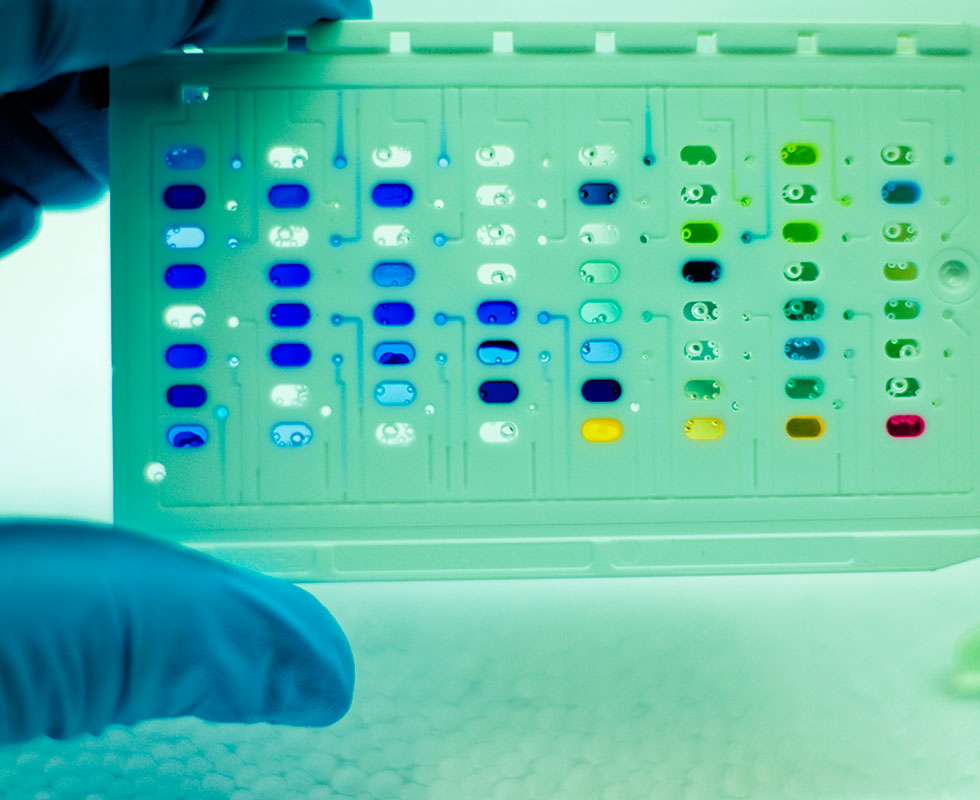
A biomedical engineer works to enhance the health care system and medical practice through the development of medical devices, biomaterials, bio-artificial tissues and organs, modern imaging and biosensing techniques. They work in at the interface between biology, physics and chemistry, together with rigorous engineering principles, make it possible nowadays to develop cutting-edge technologies in health care and therapy that are both affordable and widely accessible.
BIOMECHANICS-BIOMATERIALS (BM-BM): Engineering Biological Fabrics, Polymers / Materials Processing, Basics of Robotics and Bionics, Biomedical Devices.
BIOELECTRONICS- NANOMEDICINE (BE-NM): Fundamentals of Medical Diagnostics, Electronics, Biosensors, Nanomedicine.
ELECTIVE VALUES FOR THE TWO ITINERARIES: Bioinorganic Chemistry, Pharmacology & General Toxicology, Medical Imaging, Artificial Learning, Immunology, Neural Networks.
Discussion of research articles.
Familiarization with laboratories and research methods.
Writing and oral expression in science.
EXPLORE-KNOW-LEARN
Formulation of small innovation-research projects.
Execution of assisted research tasks.
Presentation of reports, posters, and seminars of scientific dissemination.
Writing and oral expression in science.
PRACTICE-CRITICAL THINKING-CONSTRUCT
Formulation, execution and publication of project of degree.
Verification of hypotheses, emergence of innovative solutions or didactic tools.
Professional experience in internships or internships.
Writing and oral expression in science.
INNOVATE-RESEARCH-TRANSFORM